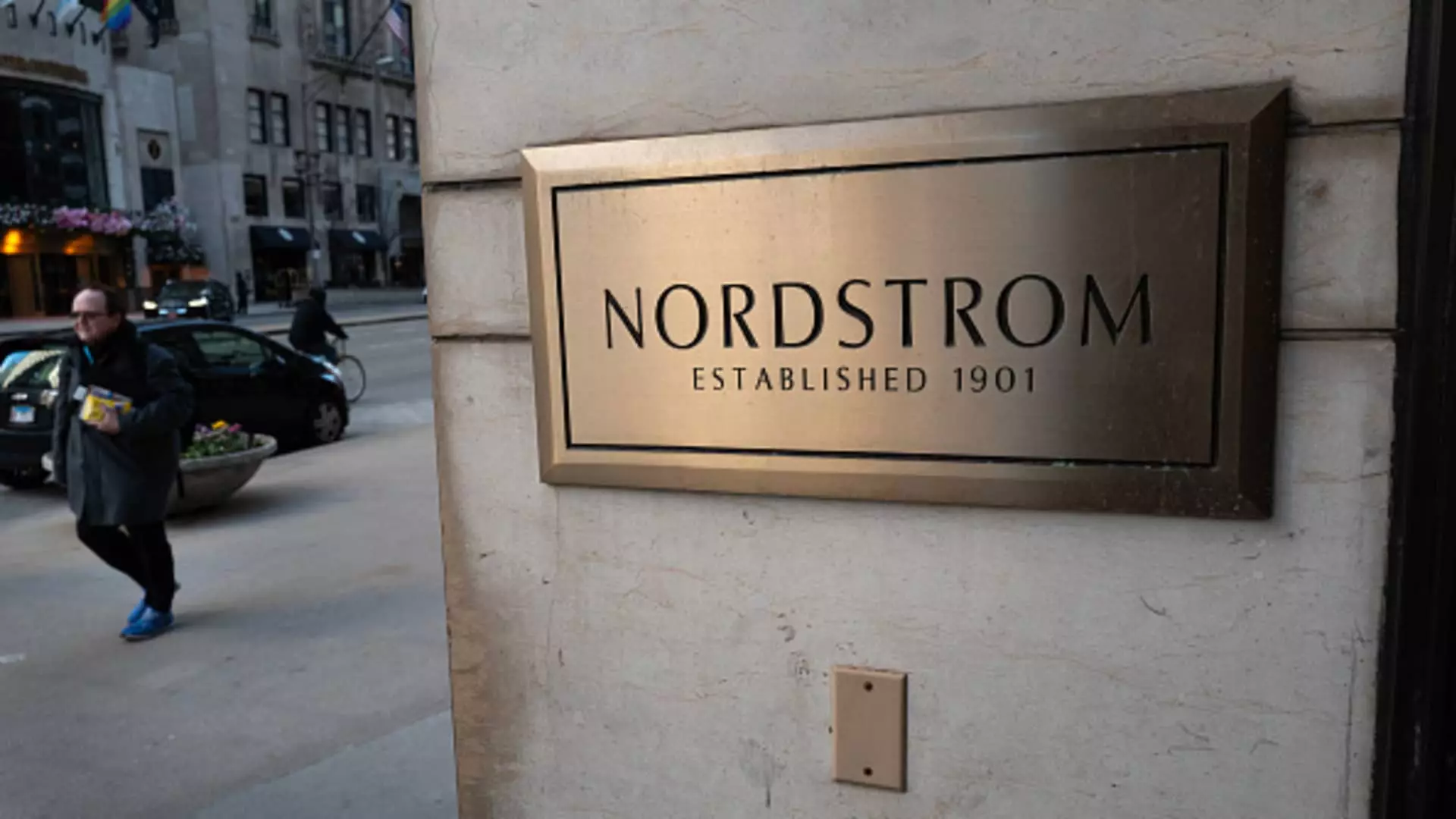In a significant development in the retail sector, Nordstrom has officially announced its decision to transition to a private company. This strategic move comes after securing a buyout deal worth approximately $6.25 billion, backed by the company’s founding family and the Mexican retail giant, El Puerto de Liverpool. The proposal received unanimous approval from Nordstrom’s board of directors and is anticipated to finalize in the first half of 2025. This transition not only shifts ownership dynamics but also reflects a broader trend of retail consolidation in a rapidly evolving market.
Under the terms of this deal, the Nordstrom family will regain majority ownership with a stake of 50.1%, while El Puerto de Liverpool will hold 49.9%. This arrangement signifies a pivotal change in control and strategic direction for the company, which has faced various challenges over the years.
Nordstrom’s CEO, Erik Nordstrom, has articulated a vision for a revitalized future. He emphasized the company’s enduring commitment to customer satisfaction, stating, “For over a century, Nordstrom has operated with a foundational principle of helping customers feel good and look their best.” This dedication appears to be a vital underpinning of the company’s identity as it embarks on this new journey. The move to privatization could enable Nordstrom to focus more intently on long-term strategies rather than short-term fluctuations in public market performance.
This announcement comes on the heels of a challenging fiscal landscape for many retailers. Despite outperforming Wall Street’s sales expectations in its most recent quarterly earnings report, Nordstrom acknowledged a prevailing softness in consumer spending—especially within the luxury sector. As customers become more selective about expenditures, the company must recalibrate its offerings and value propositions to align with shifting consumer priorities.
Nordstrom’s efforts to go private are not unprecedented; a previous attempt in 2018 did not materialize. In September, the founding family proposed an offer of $23 per share, which pitched the company’s valuation at around $3.76 billion. This fluctuating interest reflects ongoing challenges the retailer faces as it contends with economic headwinds and shifting consumer behaviors. Notably, major competitors such as Walmart and Best Buy are also feeling the strain of consumer hesitance in spending, accentuating the importance of Nordstrom’s strategic shift.
The company, originally established as a shoe retailer in 1901, has successfully expanded into a comprehensive department store chain, with over 350 locations under various brand names, including Nordstrom Rack and Nordstrom Local. However, the changing dynamics of consumer preferences necessitate that legacy retailers like Nordstrom adapt swiftly to maintain relevance in today’s marketplace.
As Nordstrom stands on the precipice of transformation, the implications of this decision could reverberate throughout the retail sector. The partnership with El Puerto de Liverpool introduces new potential synergies, especially as Liverpool operates multiple department store chains and a robust network of shopping centers in Mexico. The forthcoming period will be critical not only for Nordstrom’s internal stakeholders but also for its customers and investors who are keenly observing how this shift will make a mark on the company’s operational effectiveness and market presence in the years to come.

